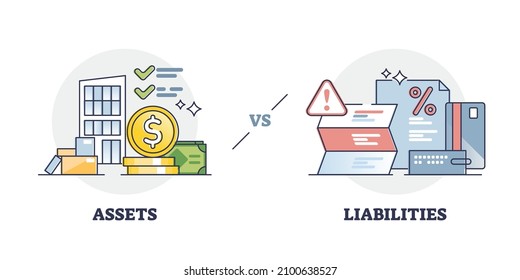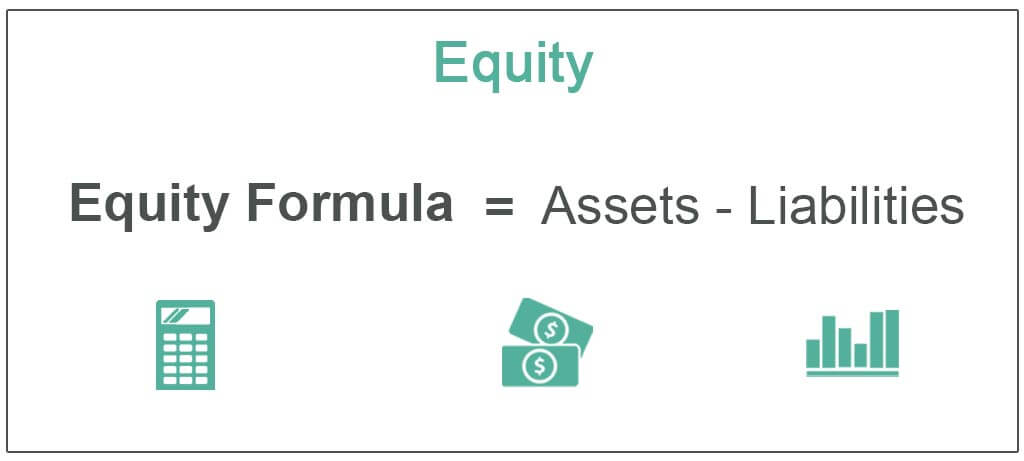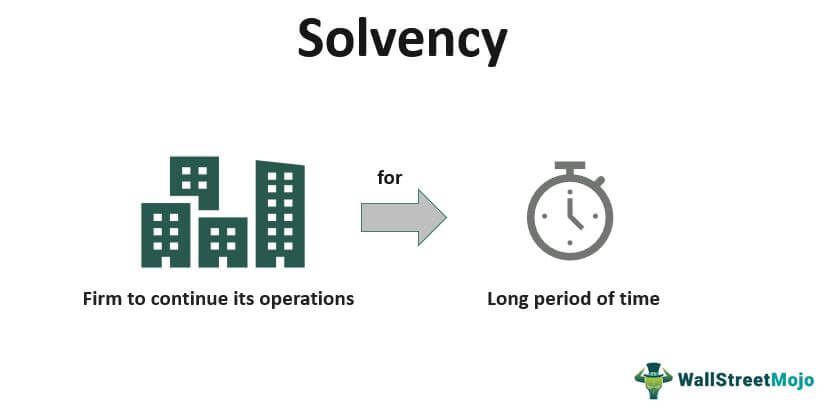Accounting and Management Technology Glossary
Accounting and Management Technology Glossary
Hello, my name is Franco Henriquez Echandia. I am 25 years old, and I have been studying at Ahuntsic College since 2019. I am a student in Accounting and Management Technology. This glossary will provide interesting information for people who are interested in learning more about the program Accounting and Management. This glossary will include 20 words used in the program, each with a definition, audio pronunciation, image, and example to help people understand the meaning.
- accounting
- noun
- The theory and system of setting up, maintaining, and auditing the books of a firm; art of analyzing the financial position and operating results of a business house from a study of its sales, purchases, overhead, etc. (bookkeeping).
- Example: The economic and financial accounting incentives that influence the manager's financing choice and the role of the board of directors is the decision-making process.
- fr: comptabilité

- enterprise
- noun
- a company organized for commercial purposes; business firm.
- Example: Enterprises have to compete with other big corporations for investment capital and markets and must therefore make profits as efficiently as possible.
- fr: entreprise

- employer
- noun
- A person or business that employs one or more people, especially for wages.
- Example: Those taking up job release allowances must not take a job or set up in business on their own, and their employer must undertake to recruit as soon as possible a registered unemployed worker.
- fr: employeur
- budget
- noun
- An estimate, often itemized, of expected income and expense for a given period in the future.
- Example: On average this represented around 35 per cent of the annual operating budget available to the city.
- fr: budget

- profit
- noun
- A financial gain, especially the difference between the amount earned and the amount spent in buying, operating, or producing something.
- Example: He’s been in business five years, but has not yet turned a profit.
- fr: profit

- purchase
- verb
- Acquisition through the payment of money or its equivalent.
- Example: The decision to purchase a new piece of ergonomic equipment is typically as follows.
- fr: achat

- asset
- noun
- An item of property owned by a person or company, regarded as having value and available to meet debts, commitments, or legacies.
- Example: When it was obvious the company was going bankrupt, the government ordered all of their assets to be frozen
- fr: actif

- liability
- noun
- An obligation that legally binds an individual or company to settle a debt.
- Example: Our warranty clearly states the limits of our liability.
- fr: passif

- equity
- noun
- Total assets minus total liabilities; also called net worth or book value.
- Example: For example, if you own a car worth $25,000, but you owe $10,000 on that vehicle, the car represents $15,000 equity.
- fr: capitaux propres

- credit
- noun
- The deduction of a payment made by a debtor from an amount due.
- Example: UK Now I've paid in that cheque, I'm in credit again.
- fr: crédit

- debt
- noun
- Something, typically money, that is owed or due.
- Example: The company is deep in debt (owes a lot of money).
- fr: dette
- contract
- noun
- An agreement between two or more parties to do or not do something specified.
- Example: Don't sign/enter into any contract before examining it conditions carefully.
- fr: contrat

- customer
- noun
- A party that receives or consumes products (goods or services) and has the ability to choose between different products and suppliers.
- Example: The company's simple strategy is to focus on the customer.
- fr: client

- discount
- verb
- A deduction from the usual cost of something.
- Example: There is a 25% discount on all electrical goods until the end of the week.
- fr: rabais

- wages
- noun
- Money that is paid or received for work or services, by the hour, day, or week.
- Example: Firms can not cut wages until unemployment rises sufficiently (a coordination problem).
- fr: salaire
- pension
- noun
- A regular payment made during a person's retirement from an investment fund to which that person or their employer has contributed during their working life.
- Example: He retired on a generous pension from the company.
- fr: pension

- real estate
- noun
- Property consisting of land or buildings.
- Example: We're going to buy a piece of real estate.
- fr: immobilier

- shareholder
- noun
- An owner of shares in a company.
- Example: Existing shareholders subscribed to only 49% of the new share issue.
- fr: actionnaires

- solvency
- noun
- The ability to meet maturing obligations as they come due.
- Example: There are serious concerns about the company's future solvency.
- fr: solvabilité

- stock
- noun
- The capital raised by a business or corporation through the issue and subscription of shares.
- Example: They own 20 percent of the company's stock.
- fr: action



Comments
Post a Comment